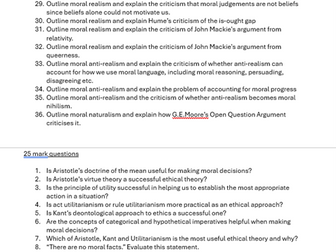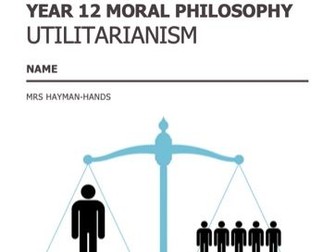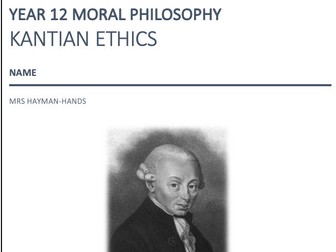A-Level Philosophy (AQA) - Moral Philosophy
This resource contains all lessons for ‘Moral Philosophy’ under AQA’s A-Level Philosophy course. Relevant for either the AS or A-Level, these resources summarise each respective argument/theory, alongside their critiques and any relevant defences. Exam questions are also included routinely.
Unit contains:
An introduction to Moral Philosophy
Utilitarianism (including: Act Utilitarianism, Rule Utilitarianism, Two-Tier Utilitarianism, Psychological Hedonism, strengths/issues of Utilitarianism and application of Utilitarianism to the eight specified scenarios)
Deontological Kantian Ethics (including: The Categorical Imperative, The Universal Law Formulation, The Humanity Formulation, strengths/issues of Deontological Kantian Ethics and application of Kantian Ethics to the eight specified scenarios
Aristotelian Virtue Ethics (including: the function of the soul, Aristotelian virtue/vice, the Doctrine of the Mean, the role of practical wisdom/reasoning, Eudaimonia, strengths/issues of Aristotelian Virtue Ethics and application of Virtue Ethics to the eight specified scenarios
Meta-Ethics (including: Moral Realism, Naturalism, Innatism, Moral Anti-Realism, Emotivism, Prescriptivism and Cognitivism/Non-Cognitivism)
Whilst this contains all relevant theoretical materials, and poses questions to probe understanding, please use the approved AQA textbook for relevant activities.
Note: any extra materials/resources or videos used herewithin are not owned by me, and I take no credit for these. Please refer to their URL links for the original designer/creator.
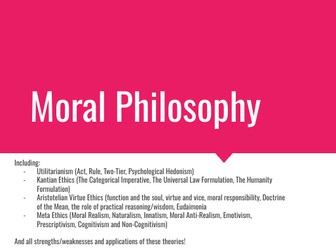
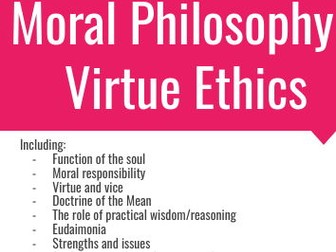
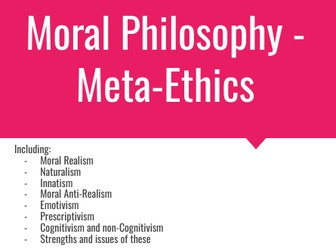
!['What Does it Mean to be Moral?' -KS3- Moral Philosophy, Animal Rights & Religion [7 Lessons]](https://l.imgt.es/resource-preview-imgs/5fb4f0e5-c049-4604-b7d0-6c9e92b5518b%2FUntitled44.jpg?profile=res-img-med-legacy-v2)

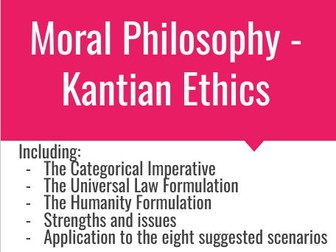
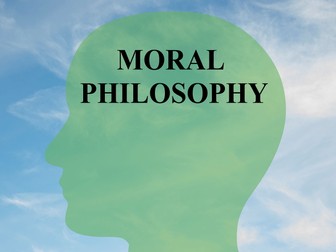
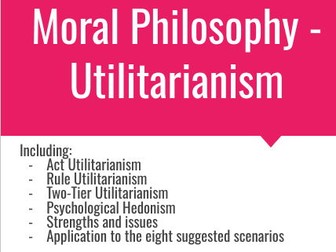


![[P4C] The Moral Dilemma Generator - [200 Slide PPT with 'Randomiser'] PHILOSOPHY FOR KIDS](https://l.imgt.es/resource-preview-imgs/b7b601d9-1fb5-41b7-a15f-90b7c7f8816a%2FUntitled1.jpg?profile=res-img-med-legacy-v2)

